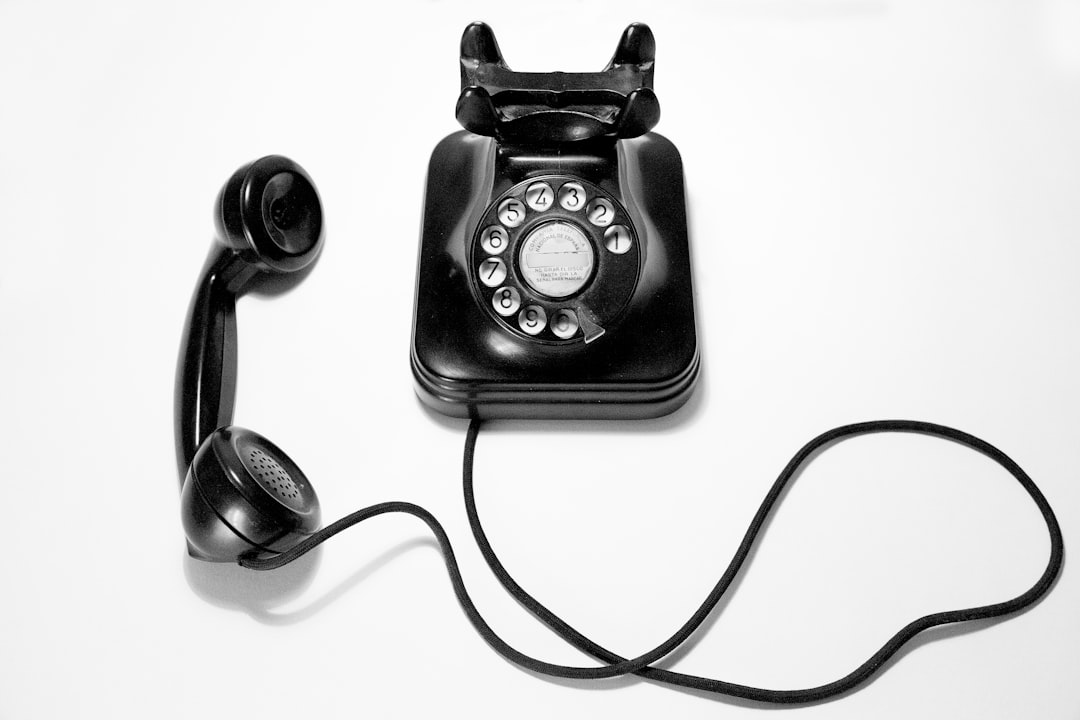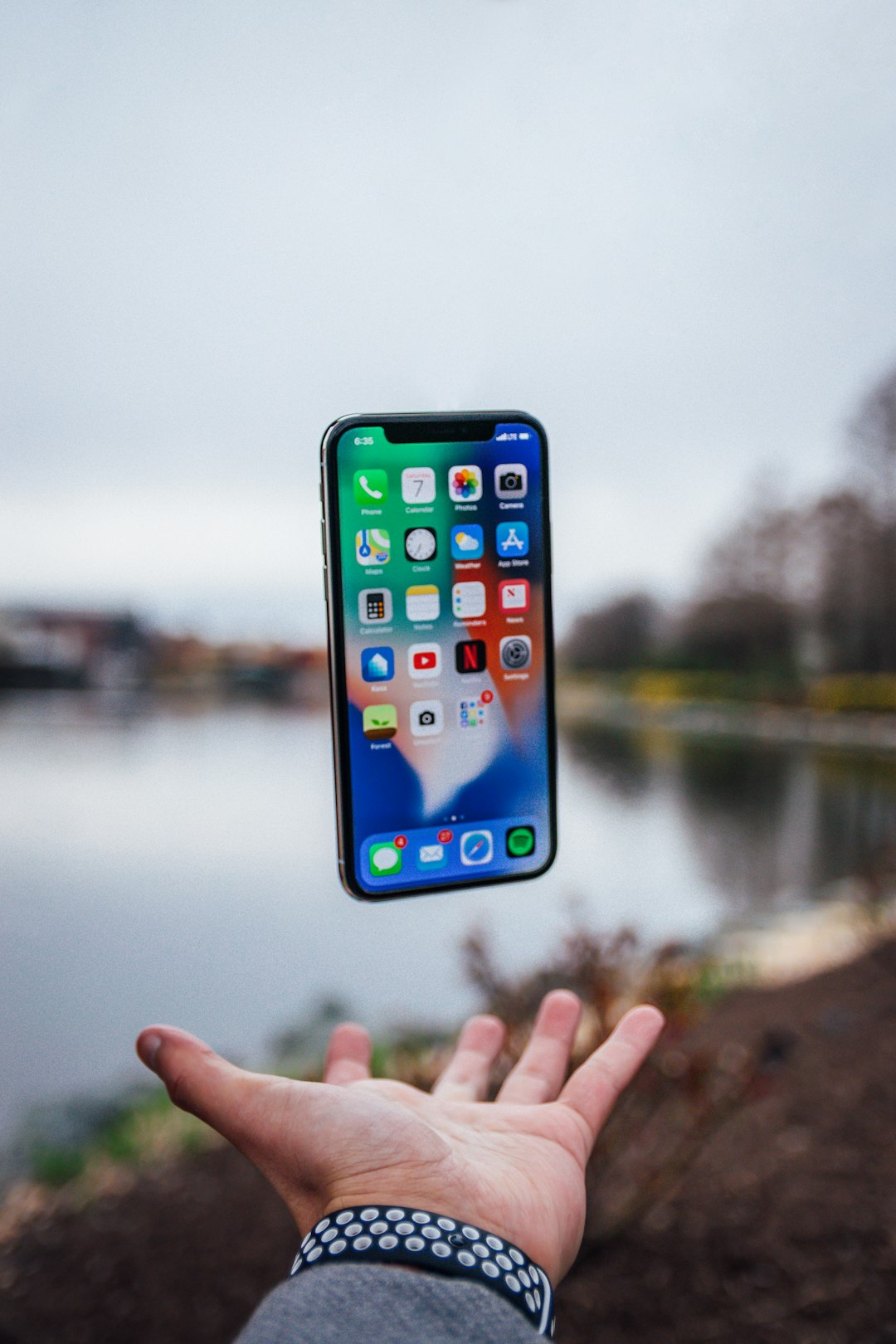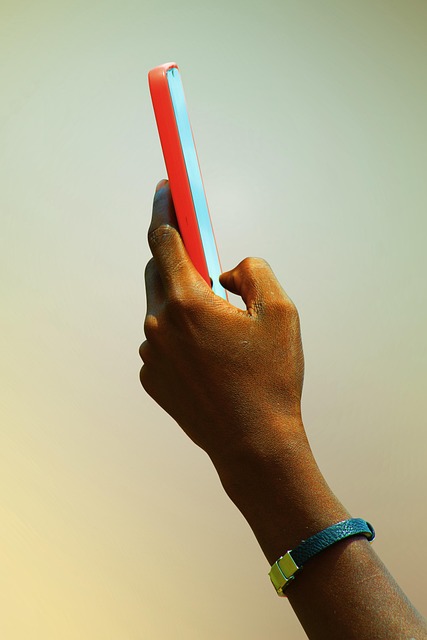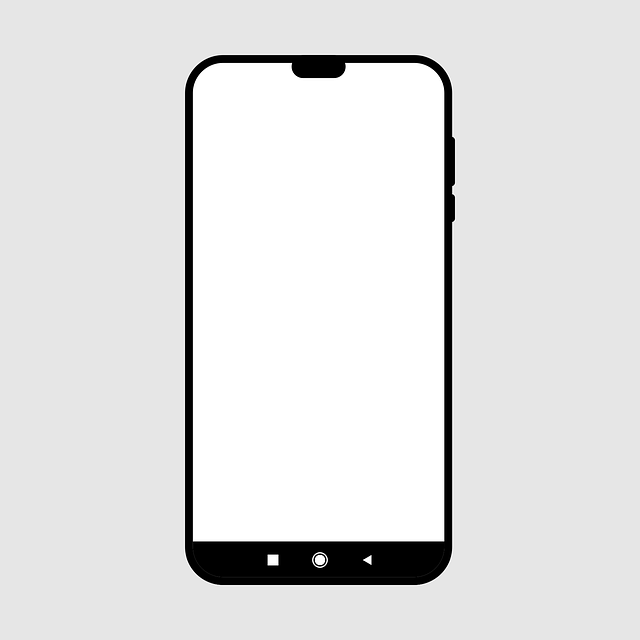Los Angeles' No Call Laws restrict unsolicited phone calls after 5 pm, influencing startup communication strategies. Startups adopt permission-based methods, personalized emails, and scheduled meetings to comply, enhancing work-life balance, employee morale, and productivity while avoiding penalties. These laws contribute to a healthier, more resilient tech ecosystem in LA.
In the vibrant, fast-paced Los Angeles startup ecosystem, understanding and adhering to ‘No Call Laws’ is crucial. This article delves into the impact of after-hours communication rules on LA’s entrepreneurial landscape. We explore how these laws influence startup strategies, foster work-life balance, enhance employee morale, and navigate legal complexities. By examining these factors, we provide insights for entrepreneurs to thrive while respecting No Call Laws in Los Angeles.
Understanding No Call Laws in Los Angeles

In Los Angeles, “No Call Laws” are designed to protect residents from unwanted phone calls, particularly those from telemarketers and sales representatives after business hours. These laws, part of California’s comprehensive consumer protection regulations, restrict when businesses can contact consumers by telephone for marketing or sales purposes. Generally, these rules prohibit such calls between 9:00 a.m. and 5:00 p.m. on weekdays, reflecting the standard workweek to ensure individuals have quiet time free from intrusive communication. Exceptions exist, including consent from the recipient or certain non-commercial calls, but startups must navigate these regulations carefully to avoid consumer backlash and potential legal repercussions.
Startups operating in Los Angeles should be mindful of No Call Laws when considering their after-hours communication strategies. Compliance is crucial not just for avoiding penalties but also for fostering positive customer relationships. By respecting residents’ privacy during off-peak hours, startups can enhance their reputation as considerate and responsible businesses, contributing to a healthier startup ecosystem where trust and respect are paramount.
Impact on Startup Communication Strategies

The implementation of No Call Laws in Los Angeles has significantly reshaped startup communication strategies within the vibrant tech ecosystem. With restrictions on out-of-office communication, startups are now compelled to adopt more thoughtful and targeted outreach methods. This shift has led to an increase in personalized emails, direct messaging platforms, and scheduled video conferences, ensuring that interactions remain respectful of employees’ personal time.
Startups are navigating this new landscape by prioritizing building strong relationships with investors and partners through consistent, yet non-intrusive, communication. They’re also leveraging data-driven insights to identify optimal contact times, maximizing response rates without compromising the No Call Laws. This strategic adjustment not only complies with regulations but also fosters more meaningful connections, ultimately contributing to the ecosystem’s resilience and growth.
Fostering Work-Life Balance for Entrepreneurs

In the dynamic startup ecosystem of Los Angeles, where innovation and growth are fueled by passionate entrepreneurs, the implementation of after-hours communication rules, often constrained by No Call Laws, presents both challenges and opportunities. These regulations aim to protect individuals from relentless work-related calls and messages outside regular business hours, a crucial step in fostering a healthy work-life balance. Startups, known for their hustle culture, are now navigating this new landscape, encouraging more mindful practices that respect employees’ personal time.
This shift is particularly significant for entrepreneurs who often double as the primary point of contact for their businesses. By adhering to No Call Laws in Los Angeles, startups can promote a culture where professionals disconnect from work during personal time, leading to improved mental well-being and higher job satisfaction. As a result, entrepreneurs may find themselves more energized and creative when tackling business challenges during core working hours, ultimately enhancing productivity and innovation within the startup community.
Enhancing Employee Morale and Productivity

In the dynamic startup scene of Los Angeles, where innovation thrives and competition is fierce, implementing after-hours communication rules has emerged as a strategic move to enhance employee morale and productivity. The city’s vibrant culture often encourages long working hours, but startups are now recognizing the benefits of setting clear boundaries. With No Call Laws in place, employees can enjoy significant improvements in their work-life balance, leading to higher job satisfaction and increased motivation.
This shift promotes a healthier work environment, ensuring that professionals don’t burn out from constant connectivity. As a result, startups in Los Angeles are witnessing enhanced productivity during core working hours as staff members feel more inclined to focus and engage without the pressure of non-stop communication. This change is fostering a positive feedback loop, driving overall success within the startup ecosystem.
Navigating Legalities and Compliance Challenges

In Los Angeles, navigating the legal landscape surrounding after-hours communication is a delicate dance for startups. The city’s stringent No Call Laws play a significant role in shaping how businesses interact with their clients and partners outside regular business hours. Compliance challenges arise when startups, eager to maintain responsiveness, risk breaching these laws by making unauthorized calls or sending unsolicited messages.
Startups must carefully consider the types of communications that constitute permissible business-to-consumer interactions under the No Call Laws. Failure to adhere to these regulations can result in substantial fines and damage to their reputation. To stay compliant, many companies opt for targeted, permission-based communication strategies, such as sending personalized emails or using social media platforms where direct engagement is more expected after hours.






